
15 is the New 10: Keeping the Middle-Aged Horse Healthy
Find out how to keep your middle-aged horse’s teeth, feet, joints, and more healthy.

Find out how to keep your middle-aged horse’s teeth, feet, joints, and more healthy.

Two leading researchers explain insulin’s effects on the body and how to manage the insulin-resistant horse.
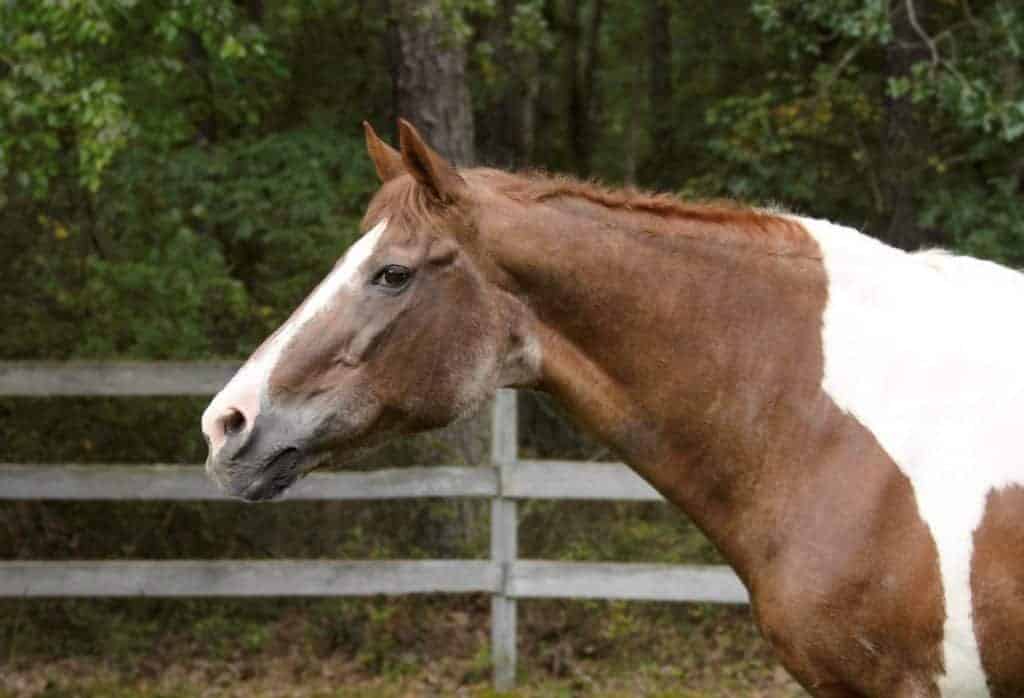
Aging horses often require individualized care to keep them comfortable and happy. Listen as our expert answers questions about senior horse health conditions, nutrition, hoof care, and more.

A researcher investigated how long horses spent eating when offered varying amounts of soluble fiber. Her findings could help your horse avoid health and behavior issues, such as gastric ulcers and cribbing.

Here’s how to manage senior horses’ aging teeth, joints, lungs, and more.

Our equine nutritionist offers her secrets for solving chronic diarrhea in horses.

Can horses with PPID be turned out on pasture and have grass? It depends, one researcher says. Here’s why.

Aging for horses means strength and flexibility diminish, as well as the body’s ability to handle infection. Still, there are steps owners can take to keep senior horses happy and healthy.
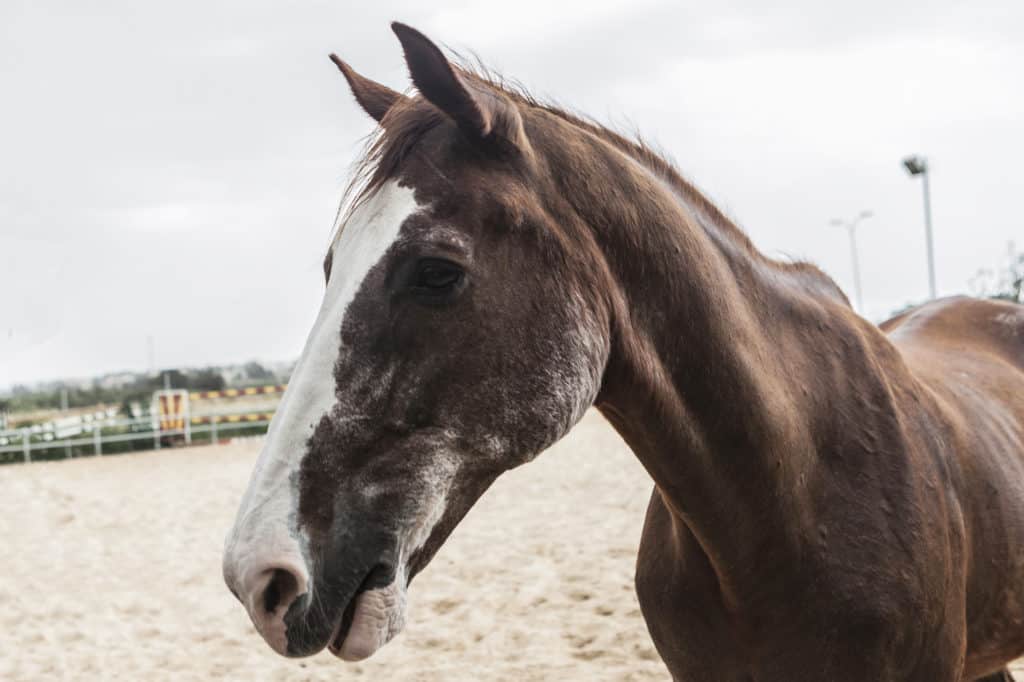
I’m concerned about my senior horse’s happiness. How can I keep him comfortable and content?

An independent equine nutritionist answers horse owner questions on forage, feed concentrates, fats, supplements, and more.
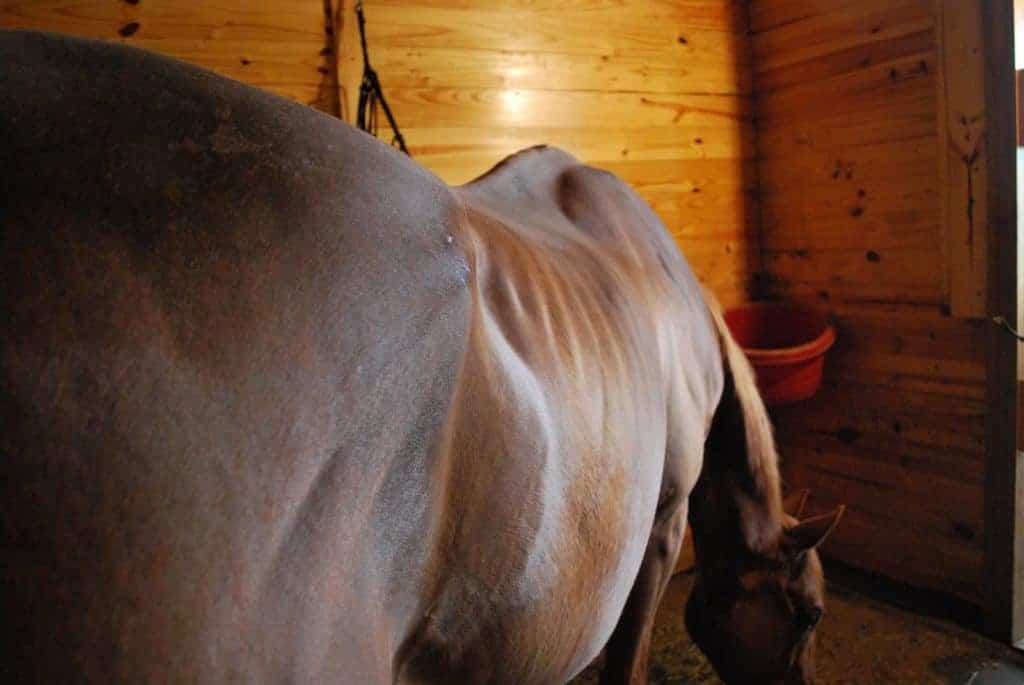
Health conditions, management changes, and palate preferences can affect a horse’s appetite.
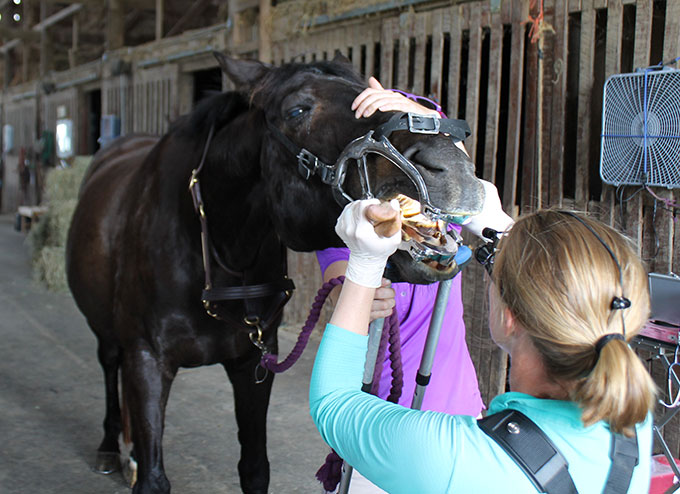
With an estimated 88% of horses over 20 years of age diagnosed with dental disease, veterinarians must be sure to maintain these patients differently than their younger counterparts.
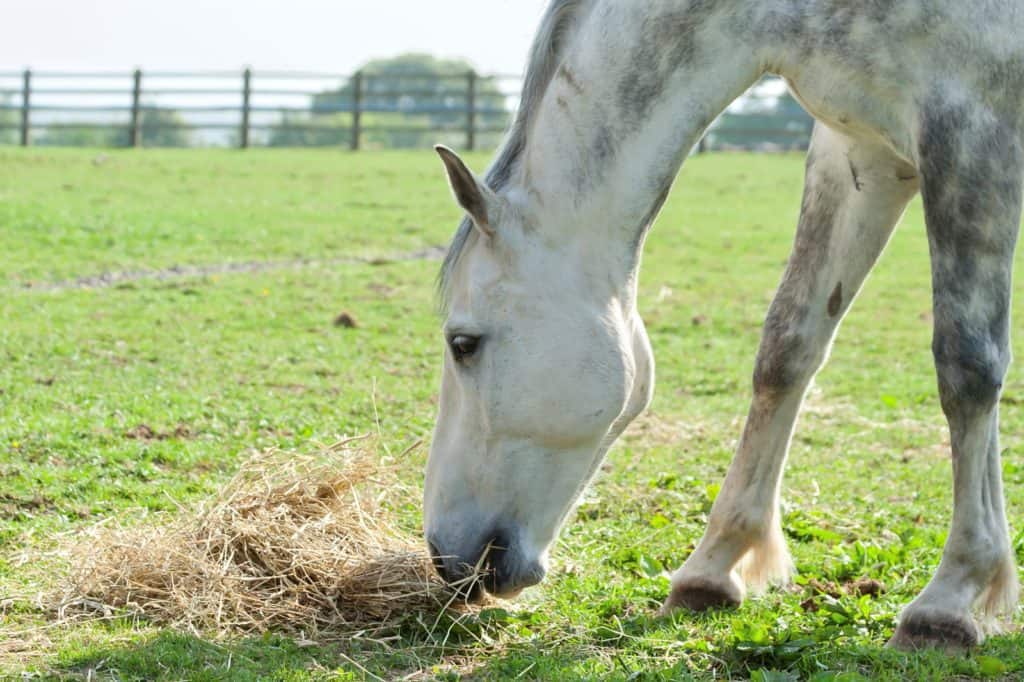
Your old horse’s rations might not need to change just because he’s got a few more gray hairs around his eyes. Still, owners should consider some key points when feeding their seniors.

Veterinarians have only recently described this dental disorder, which primarily affects older horses’ incisors and canines. Because EOTRH comes on slowly and insidiously, many owners and their vets don’t pick up on it until it’s in its late—and painful—stages, one equine dental specialist says.

If your senior horse has few to no teeth, he might not be chewing and digesting the nutrients he needs to maintain his health.

Dr. Liz Arbittier encourages owners and caretakers of senior horses to call their vet if they notice any changes in health or behavior, even when it seems minor, to identify issues and begin treatment early. Here’s what to watch for.
Stay on top of the most recent Horse Health news with
"*" indicates required fields